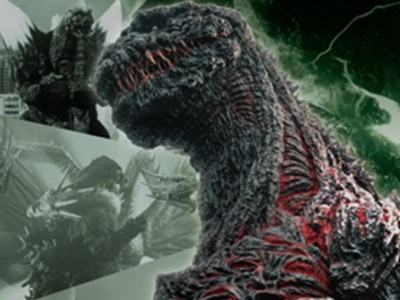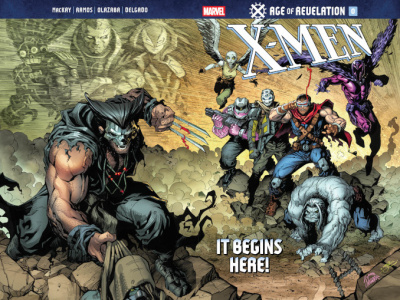 Amazon’s apparent retreat from publishing general interest books is due to the refusal of Barnes & Noble to carry Amazon’s titles (see "B&N Drops Amazon Titles"), according to GigaOM. The departure of Larry Kirshbaum, who was hired to run the publishing division when Amazon’s book imprint was formed (see "Amazon Poses a Threat to Publishers"), is one sign that Amazon may be pulling back on its publishing ambitions. Another is the lack of any major author signings by the Amazon imprint in over a year. "Once literary agents and authors saw that Amazon wouldn’t be able to get their books into Barnes & Noble, publishing with the company became a much less appealing prospect," the report said.
Amazon’s apparent retreat from publishing general interest books is due to the refusal of Barnes & Noble to carry Amazon’s titles (see "B&N Drops Amazon Titles"), according to GigaOM. The departure of Larry Kirshbaum, who was hired to run the publishing division when Amazon’s book imprint was formed (see "Amazon Poses a Threat to Publishers"), is one sign that Amazon may be pulling back on its publishing ambitions. Another is the lack of any major author signings by the Amazon imprint in over a year. "Once literary agents and authors saw that Amazon wouldn’t be able to get their books into Barnes & Noble, publishing with the company became a much less appealing prospect," the report said. Amazon denies that it is cutting back its New York publishing operations and is still doing some promotion for its publishing imprints (with a booth at New York Comic Con, for example, see "New York Comic Con 2013 Photos--Part 4").
It’s unclear what impact any changes in publishing will have on Amazon’s comic publishing ambitions (see "Amazon Enters Comic Book Publishing"); the company’s first releases are just hitting the market now.
Barnes & Noble has now demonstrated in two different high profile fights that access to its shelves still matters, and that if you’re serious about selling books, you need to offer them to B&N under acceptable terms, which do not include digital exclusives. That principle was applied both to Amazon in the current example (Amazon does not offer B&N its published titles for the Nook), and to DC when it gave Amazon a Kindle exclusive on 100 of its bestselling graphic novels (see "B&N to DC--It's On!"). Barnes & Noble pulled the DC titles off its shelves in that case, and kept them off until DC’s exclusive with the Kindle had expired.
Whether Amazon is scaling back its New York publishing operations or not, the book business appears to believe that it is, and that it’s because the nation’s largest book chain took a stand. And that’s probably the most important outcome of all.







